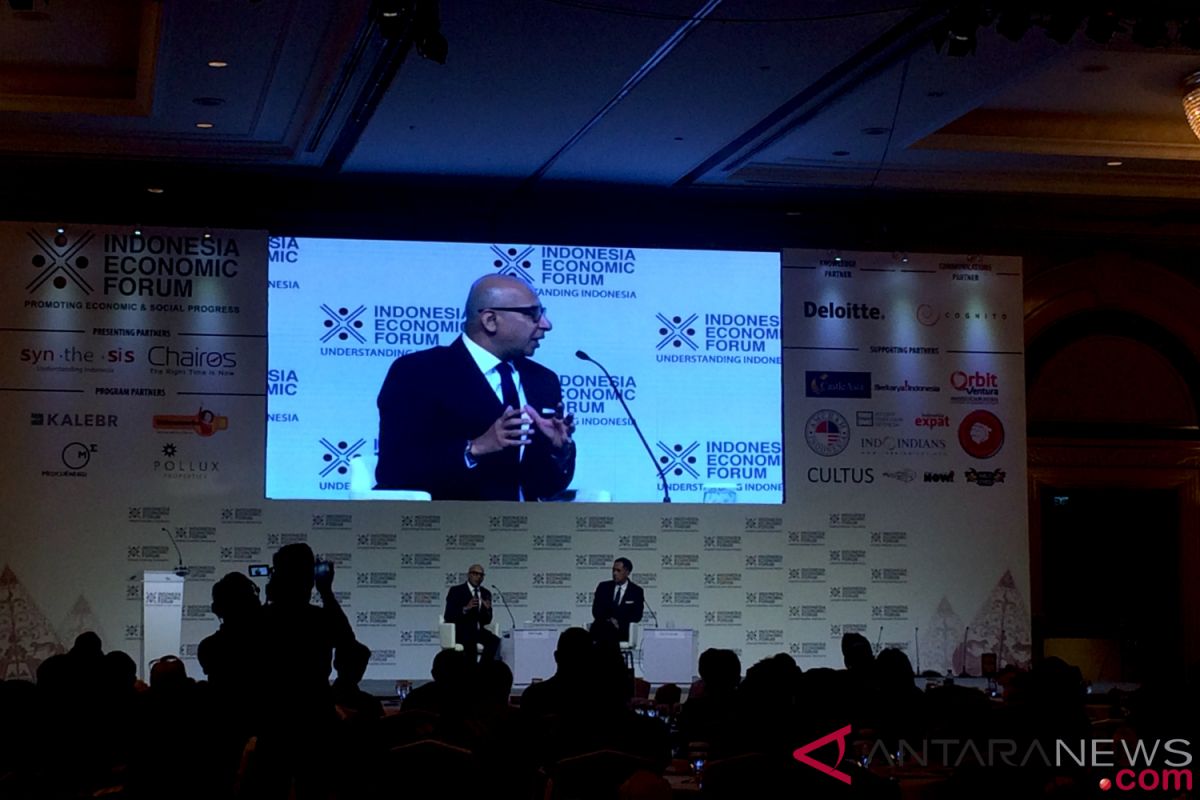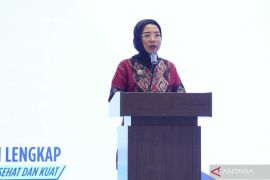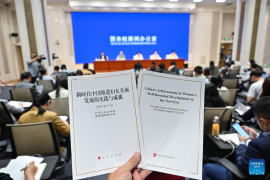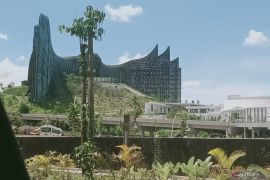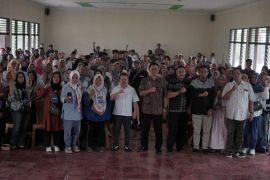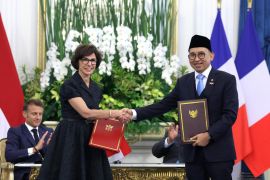In his remarks at a discussion held here on Wednesday, Shoeb stated that connectivity was not only in the form of physical infrastructure, such as bridges, roads, or airports, but also digital connectivity.
The digital connectivity should be built by the government, considering that the global economy is currently established by technology, including artificial intelligence, data analysis, and drones, especially to gather information on a large scale in a short time.
According to Shoeb, although the Indonesian government has managed to keep economic growth figures stable, this country is still quite behind in terms of technological adaptation readiness, digital infrastructure development, and human resource capacity compared to other countries.
He added that digital connectivity can not only increase industrial efficiency and productivity but also raise the value of profits up to US$11 billion during the 2020-2030 period.
In order to achieve digital connectivity, Shoeb stressed that the government should improve the quality of education and align it with the industrial needs; develop plans to improve information, infrastructure, communication, and technology comprehensively; and increase economic competitiveness.
One of the ways to boost competitiveness is through the development of economic centers outside Jakarta and Java, he noted.
According to Shoeb, each area should become an independent industrial center that provides products and services to the national economy.
This can be realized if the government can ensure that in the next five years, every institution is connected to each other, and the business world can collaborate.
The discussion held by the IEF was attended by economists, business practitioners, as well as policy makers and politicians.
Reporting by Genta Tenri Mawangi, Libertina W Ambari
Editing by Yoseph Haryadi
Reporter: Antara
Editor: Suharto
Copyright © ANTARA 2018
